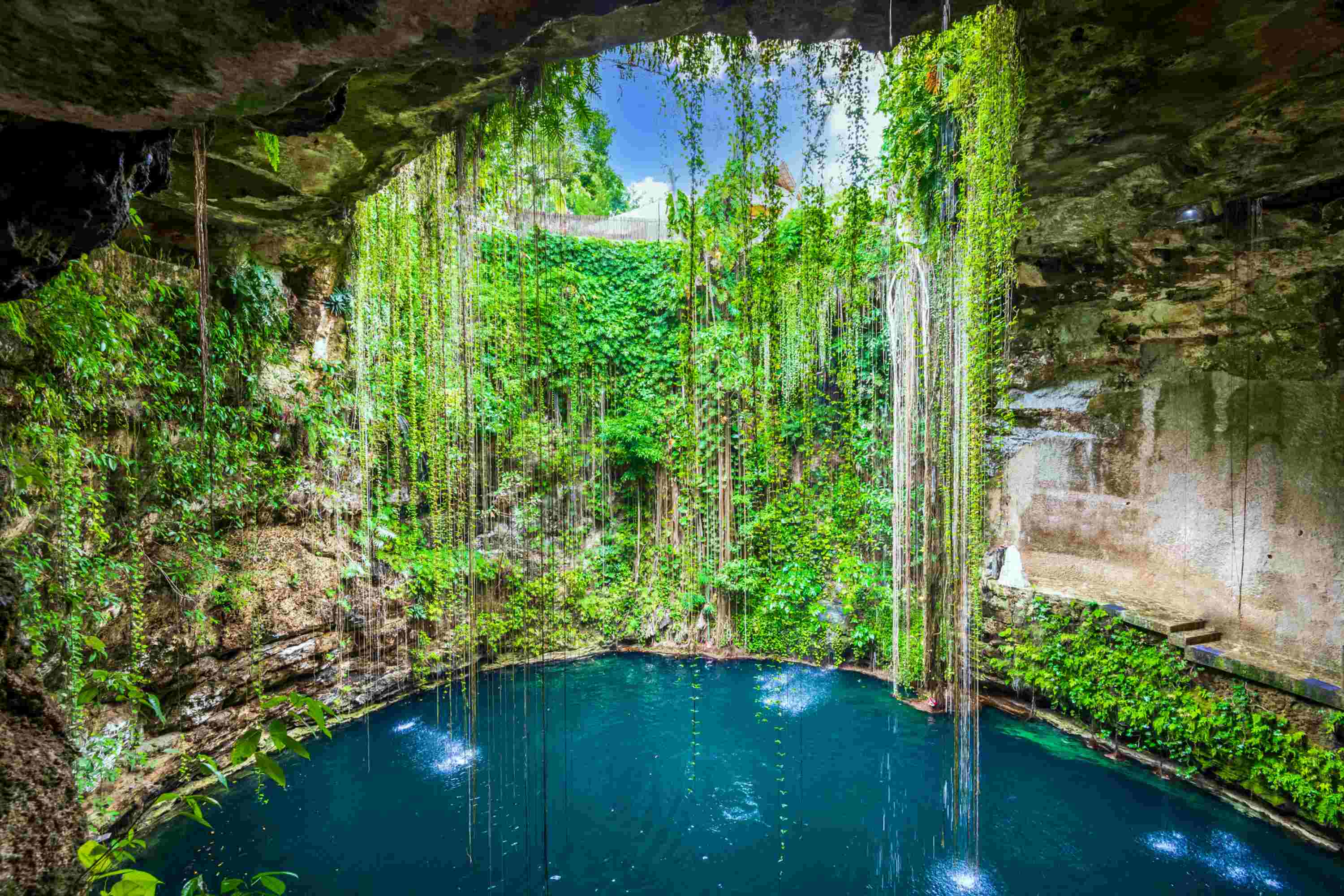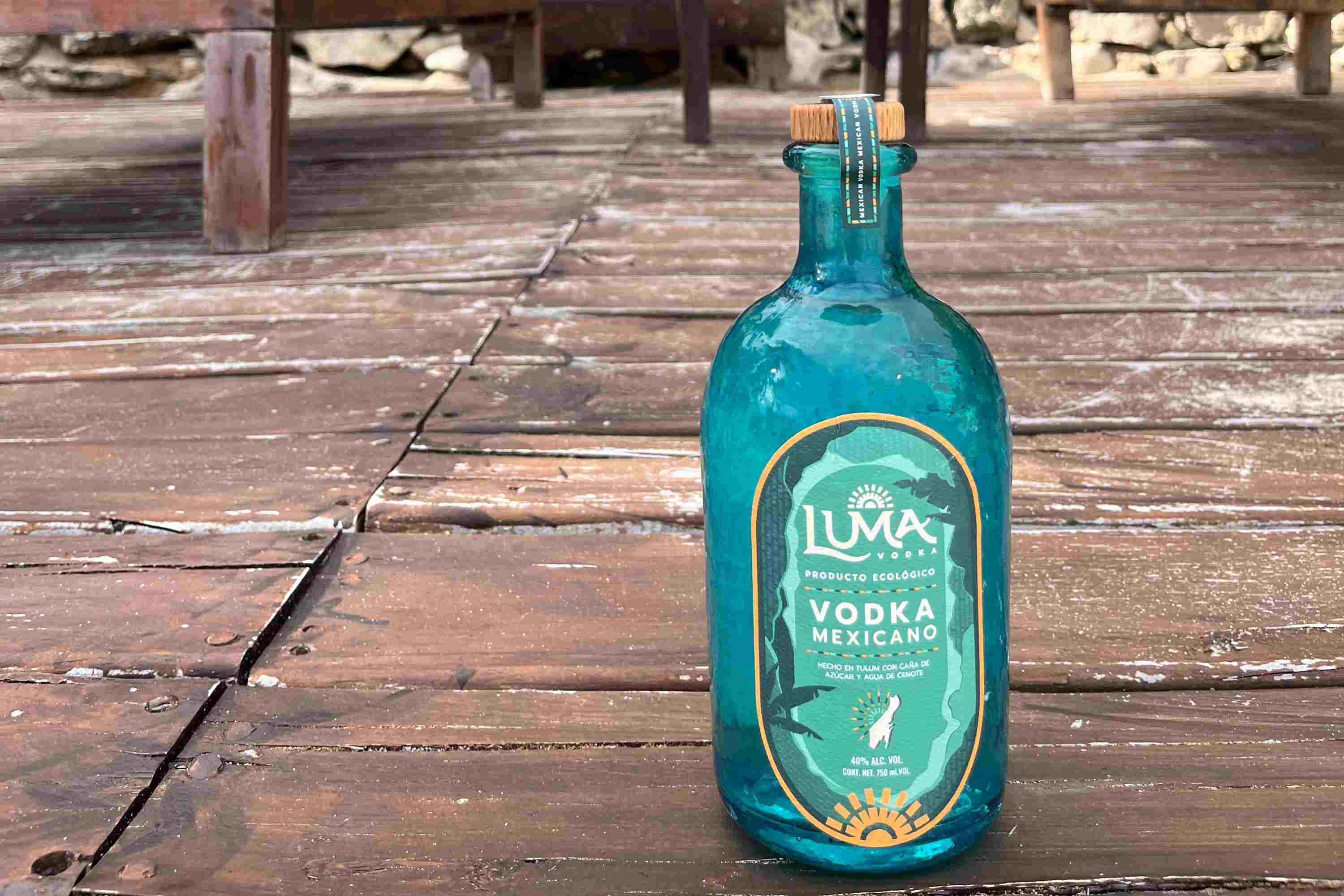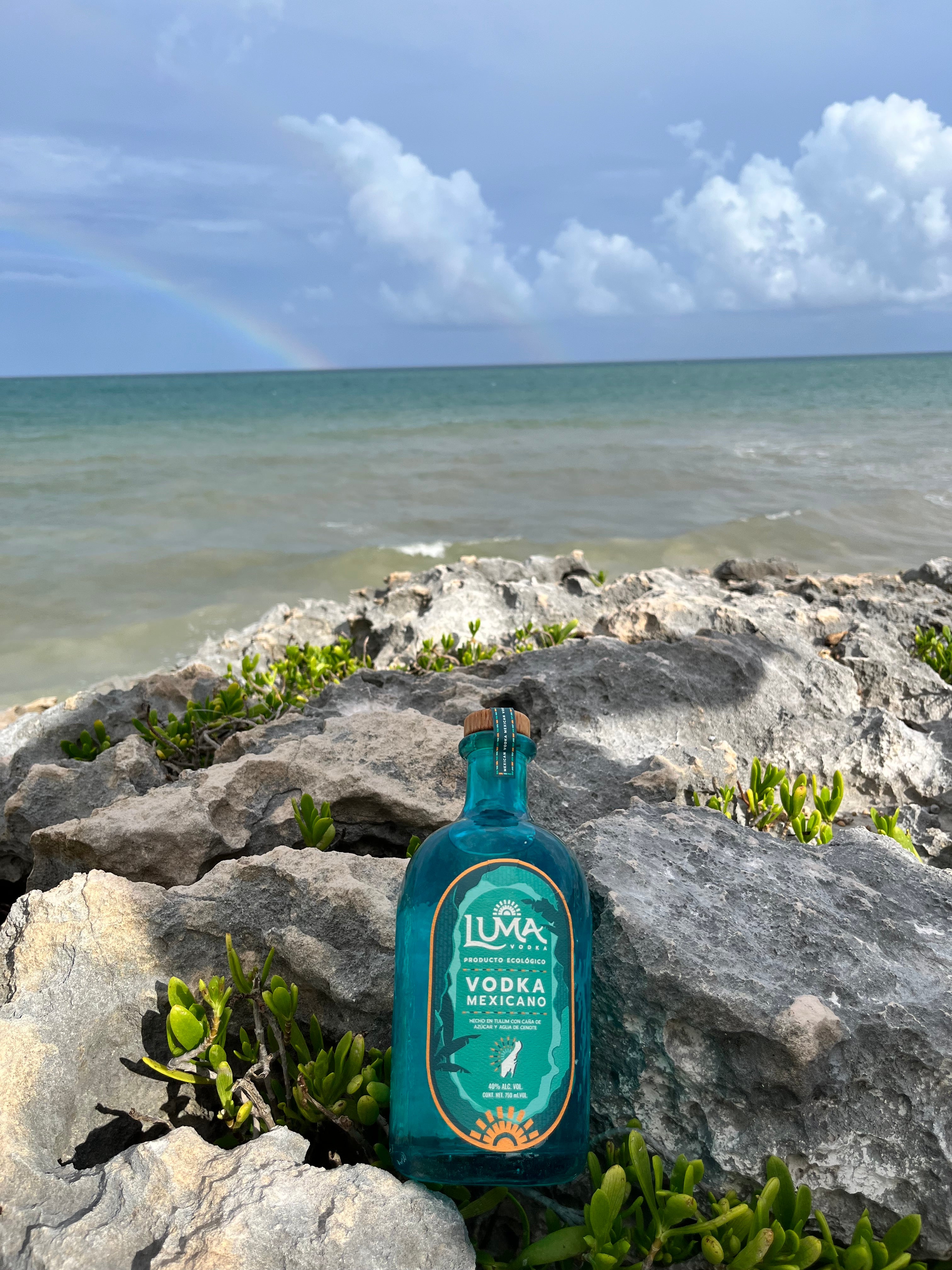Mexico boasts some of the world's finest agricultural land, which fuels its vibrant food and drink scene. From tequila to tacos al pastor, anything that comes from of Mexico is undeniably delicious. So as a Mexican vodka drinker, I was surprised to find mostly foreign vodka brands behind bars and on liquor store shelves in Mexico. It seemed a missed opportunity – a country with such rich ingredients and distillation heritage shouldn't be relying solely on imports. That's why I created Luma Vodka.
Sure, the vodka market is crowded. But Luma aspires to be more than just another brand. We aim to redefine this established category with a completely unique Mexican twist.
¡Salud!
Jesse Sr.
Founder
Our Process
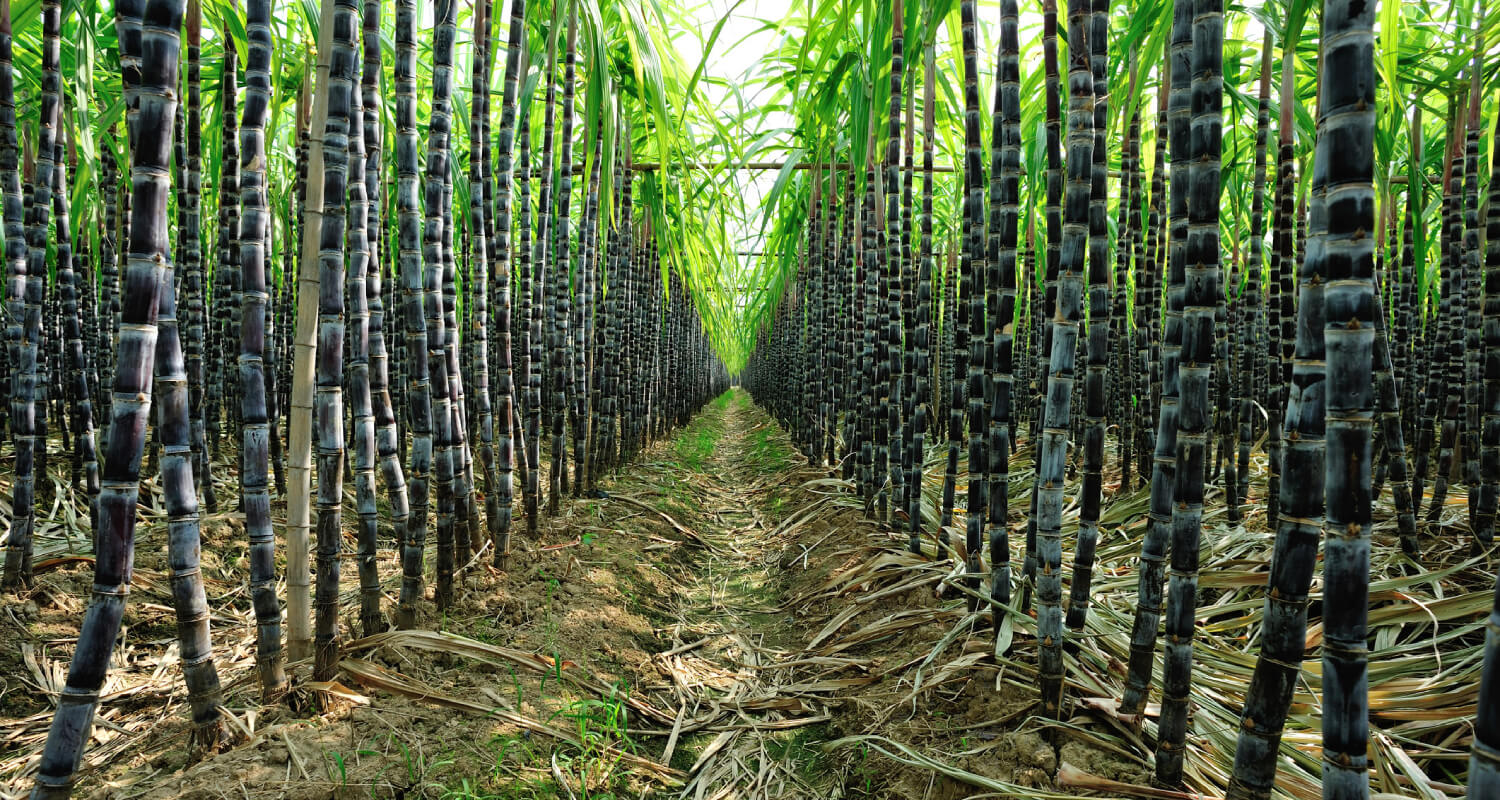
Step 1 - Sugarcane Harvest:
Luma begins its journey in Mexico's sugarcane fields. We meticulously select our sugarcane exclusively during the "zafra," the sugarcane harvest season spanning from November to March.
Unlike most vodkas which are made of grains, corn, and potatoes, Luma is one of the rare handful of vodkas in the world made with sugarcane.
Step 1 - Sugarcane Harvest:
Luma begins its journey in Mexico's sugarcane fields. We meticulously select our sugarcane exclusively during the "zafra," the sugarcane harvest season spanning from November to March.
Unlike most vodkas which are made of grains, corn, and potatoes, Luma is one of the rare handful of vodkas in the world made with sugarcane.

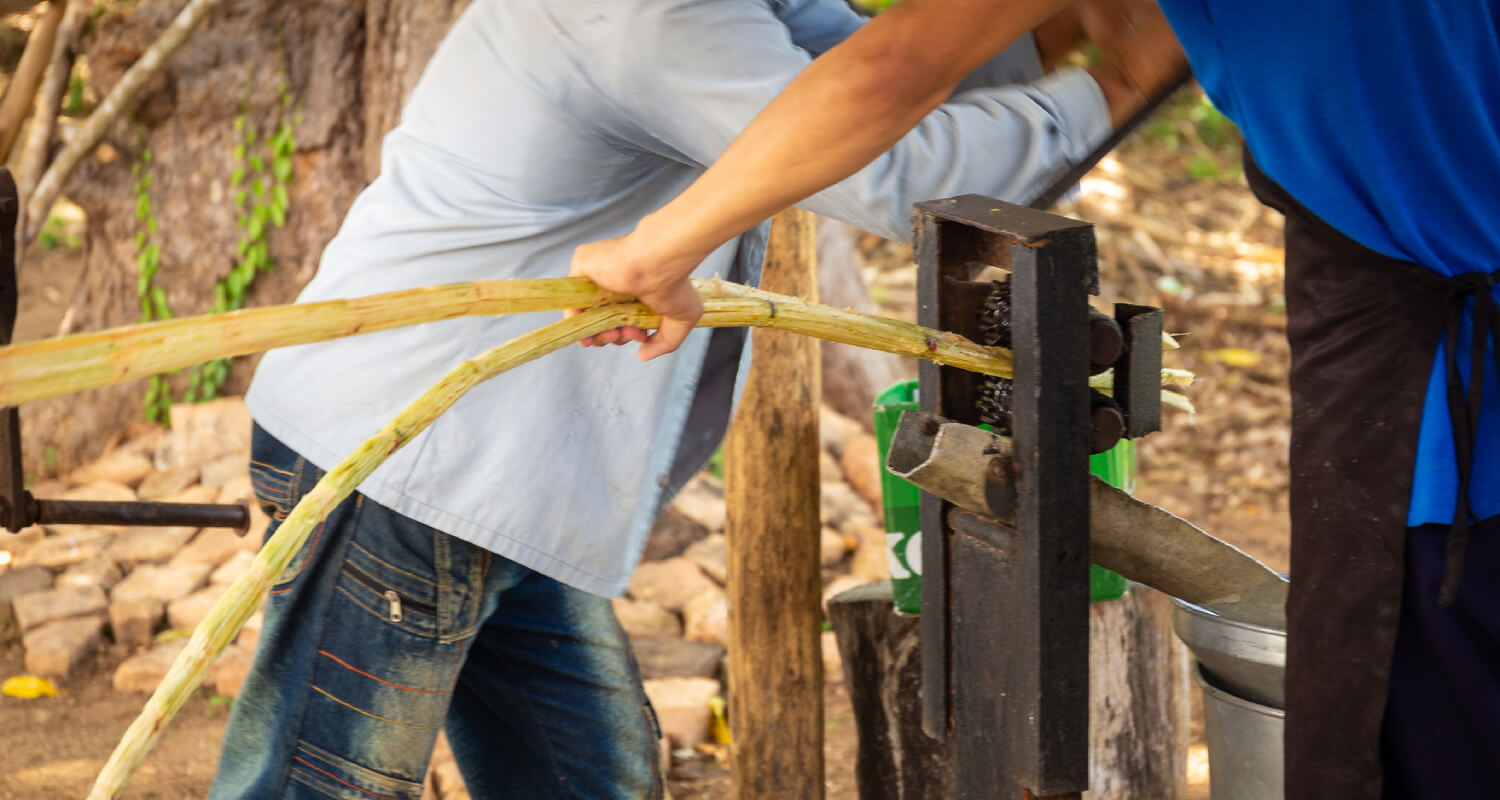
Step 2 - Juice Extraction:
Once harvested, the sugarcane is crushed to extract its juice. Our sugarcane is crushed within 24 hours of harvesting to ensure maximum freshness.
Step 2 - Juice Extraction:
Once harvested, the sugarcane is crushed to extract its juice. Our sugarcane is crushed within 24 hours of harvesting to ensure maximum freshness.

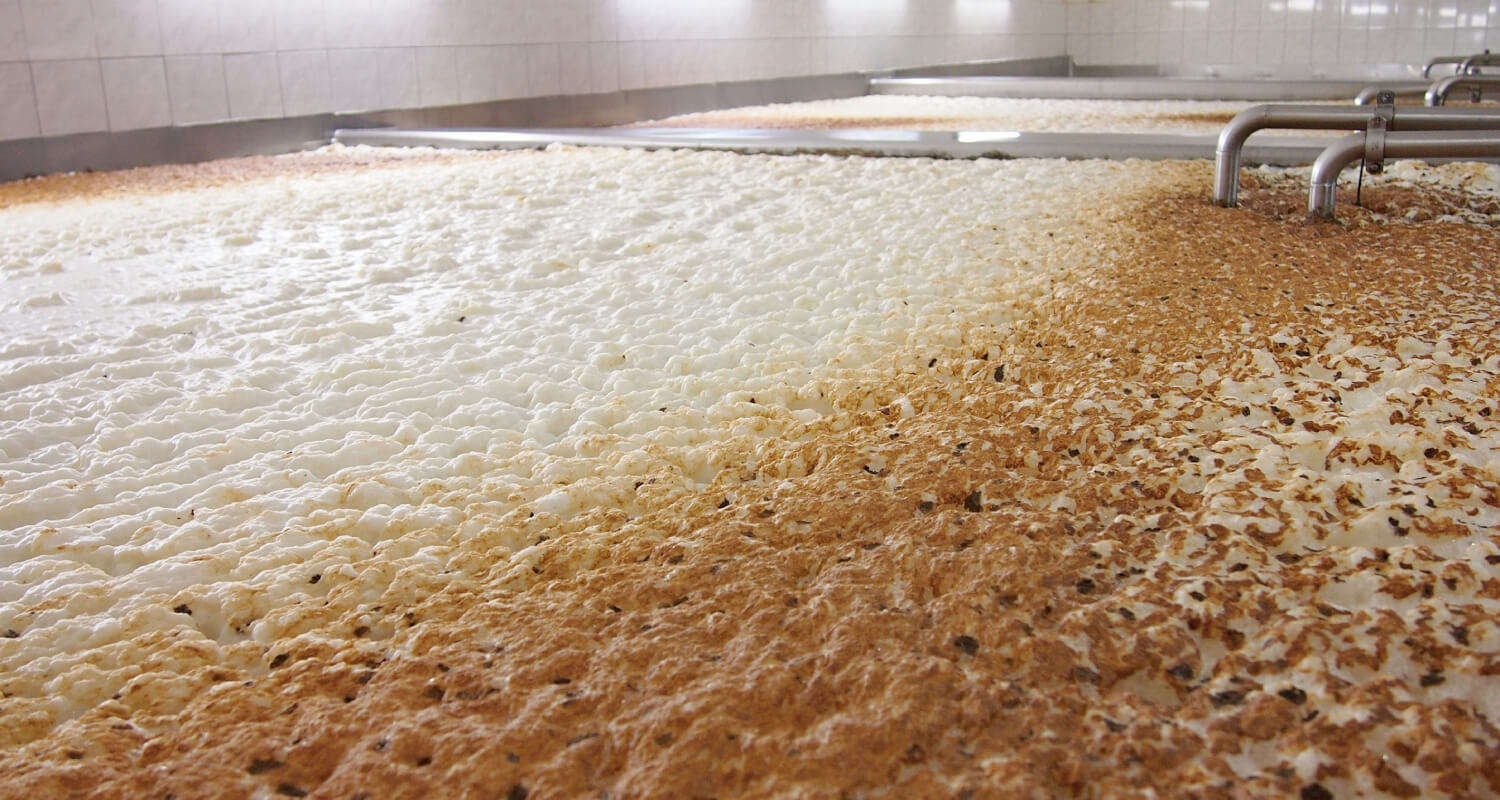
Step 3 - Fermentation:
The sugarcane juice is processed and put in vats to begin the fermentation process. After 7-9 days, we get a sugarcane "wine" that is approximately 9% alcohol.
Unlike other raw materials used to create vodka, sugarcane juice requires no addition of enzymes. The wash ferments exactly as is, making it as natural as possible.
Step 3 - Fermentation:
The sugarcane juice is processed and put in vats to begin the fermentation process. After 7-9 days, we get a sugarcane "wine" that is approximately 9% alcohol.
Unlike other raw materials used to create vodka, sugarcane juice requires no addition of enzymes. The wash ferments exactly as is, making it as natural as possible.

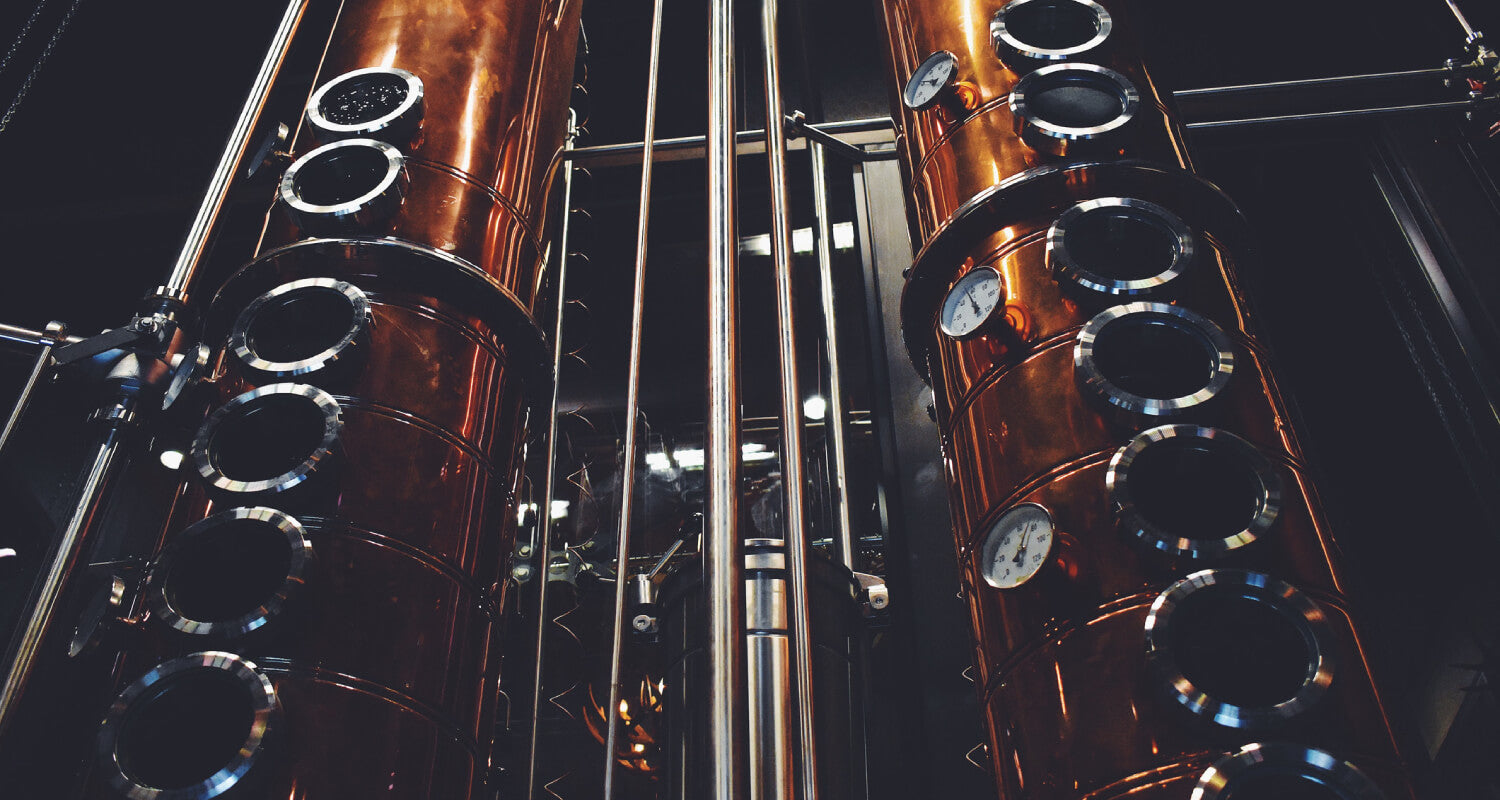
Step 4 - Distillation:
The fermented sugarcane juice is passed through a tall copper column still. In the still, the fermented sugarcane juice is heated to separate the alcohol from the sugarcane juice. The resulting distillate comes off the still at 96% alcohol.
Our distillation process is so thorough that we manage to remove all impurities, the compounds which give vodka its harsh taste, from the distillate. As a result, we do NOT filter our product. This is in stark contrast to most other vodkas.
Step 4 - Distillation:
The fermented sugarcane juice is passed through a tall copper column still. In the still, the fermented sugarcane juice is heated to separate the alcohol from the sugarcane juice. The resulting distillate comes off the still at 96% alcohol.
Our distillation process is so thorough that we manage to remove all impurities, the compounds which give vodka its harsh taste, from the distillate. As a result, we do NOT filter our product. This is in stark contrast to most other vodkas.

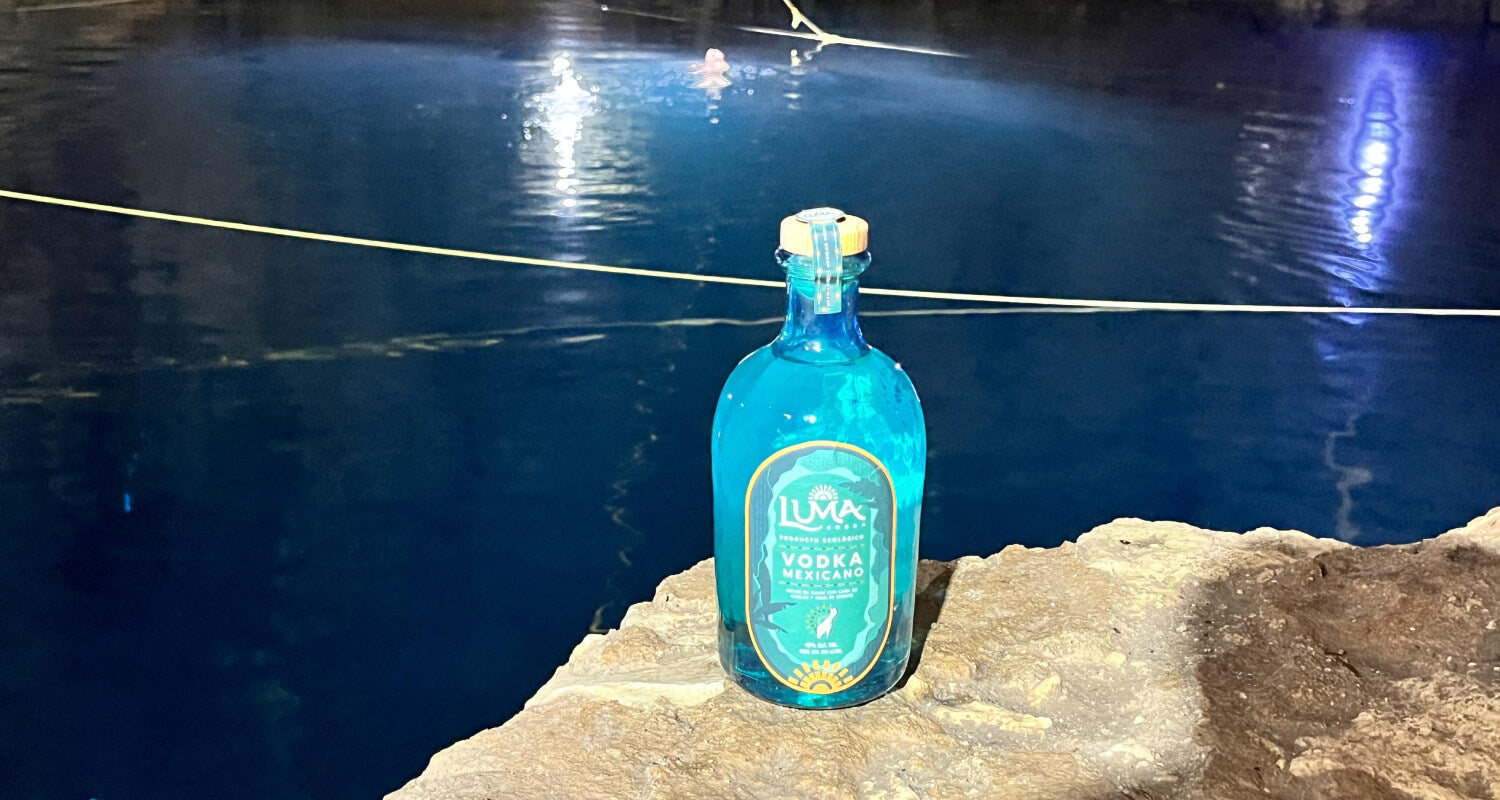
Step 5 - Add Cenote Water:
To proof our delicious distillate down to drinking strength, we add locally sourced cenote water. Our water comes from an underground cenote two hours away from our home base of Tulum.
This is a true expression of Mexican terroir as cenotes can only be found in Mexico's Yucatan peninsula. Our cenote water is limestone filtered (like a Kentucky bourbon), mineral-rich, and naturally alkaline.
Step 5 - Add Cenote Water:
To proof our delicious distillate down to drinking strength, we add locally sourced cenote water. Our water comes from an underground cenote two hours away from our home base of Tulum.
This is a true expression of Mexican terroir as cenotes can only be found in Mexico's Yucatan peninsula. Our cenote water is limestone filtered (like a Kentucky bourbon), mineral-rich, and naturally alkaline.



